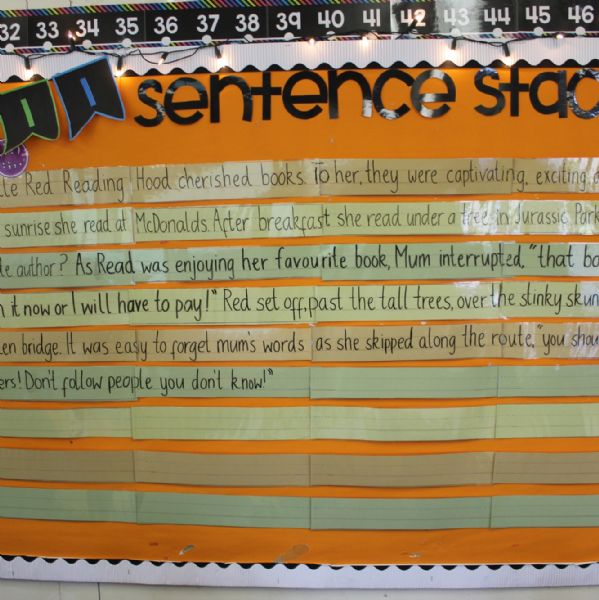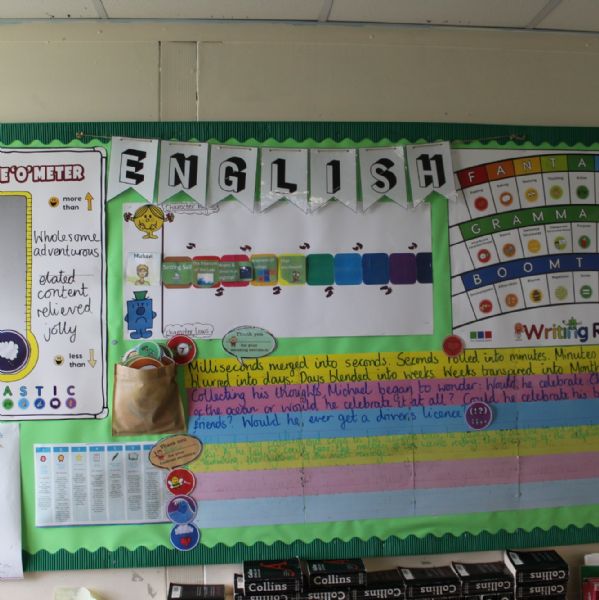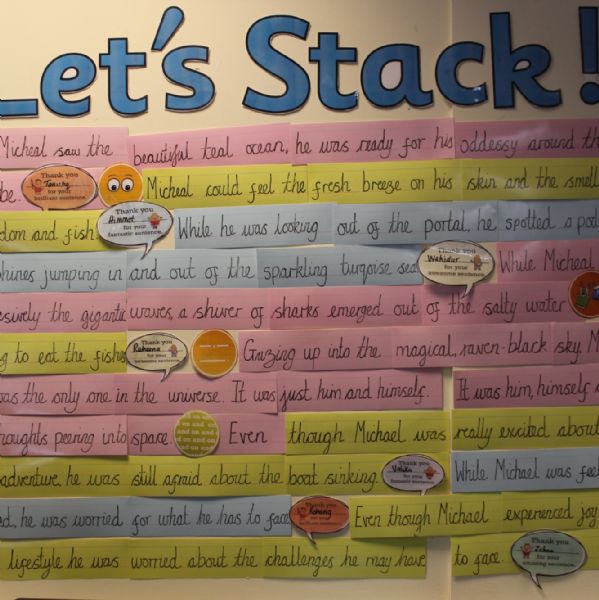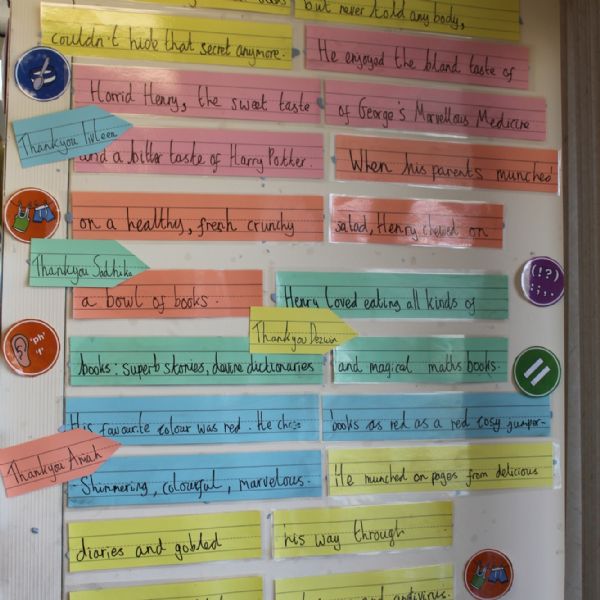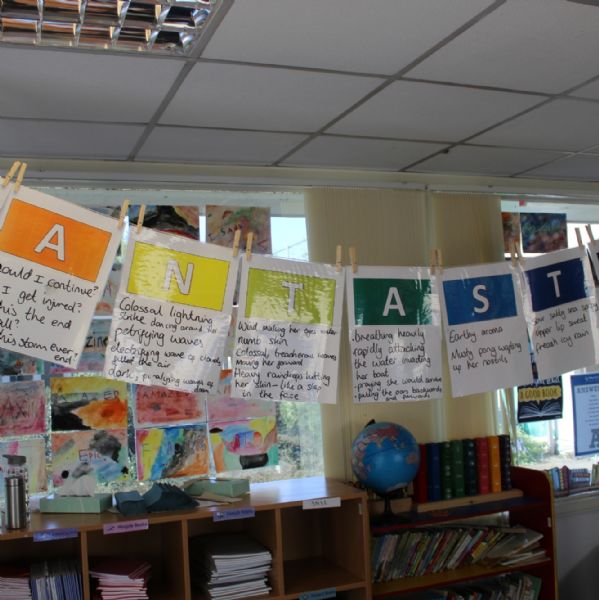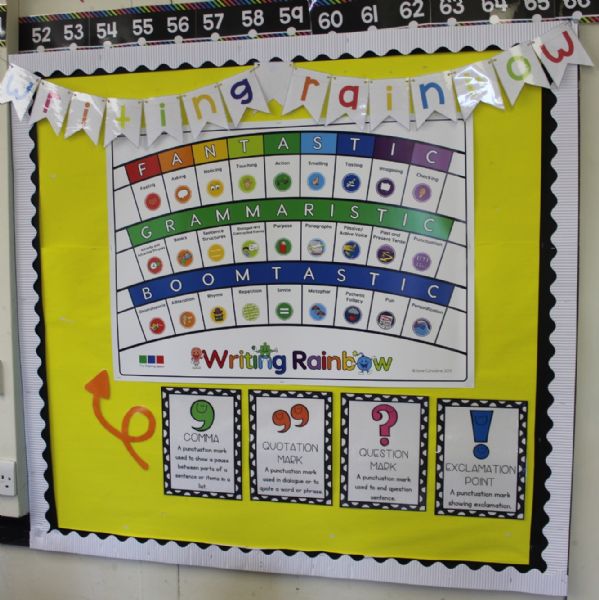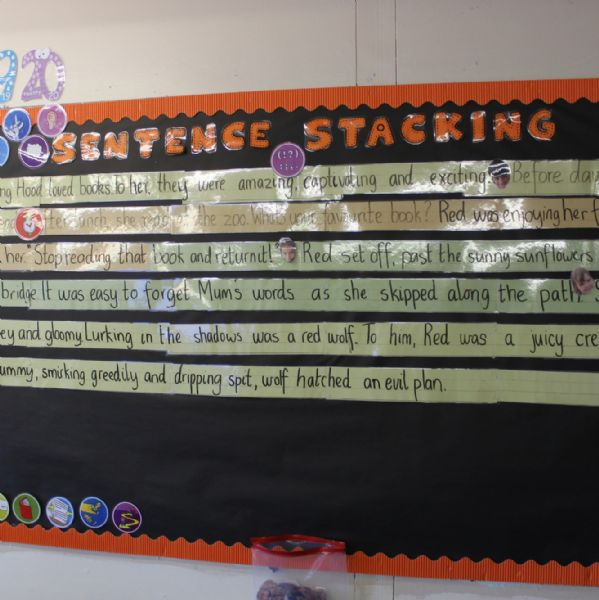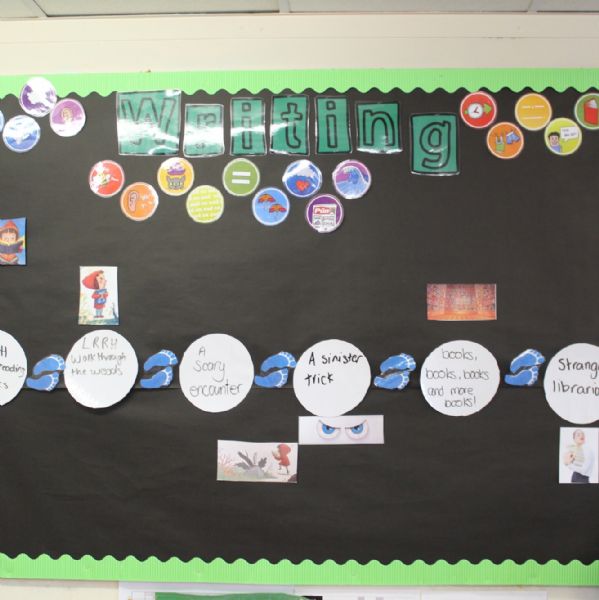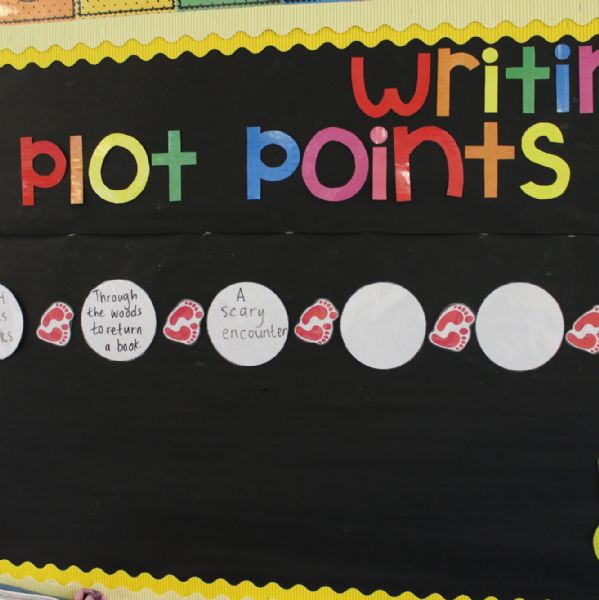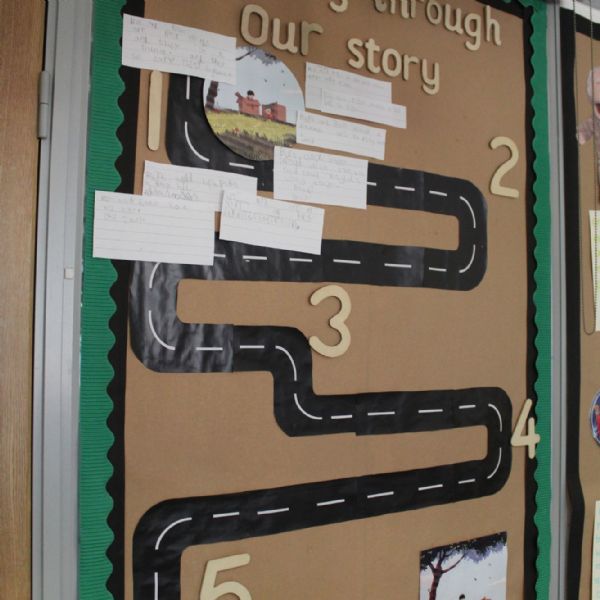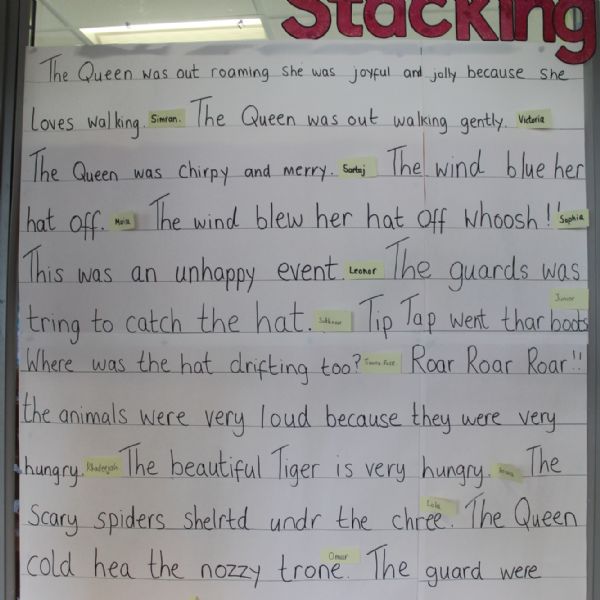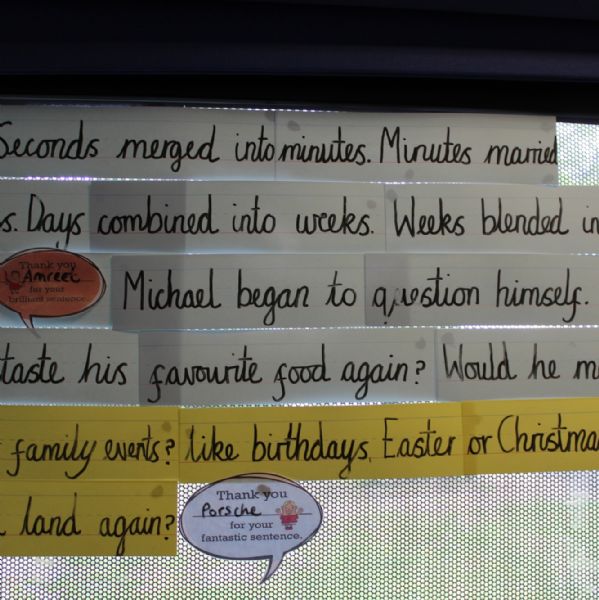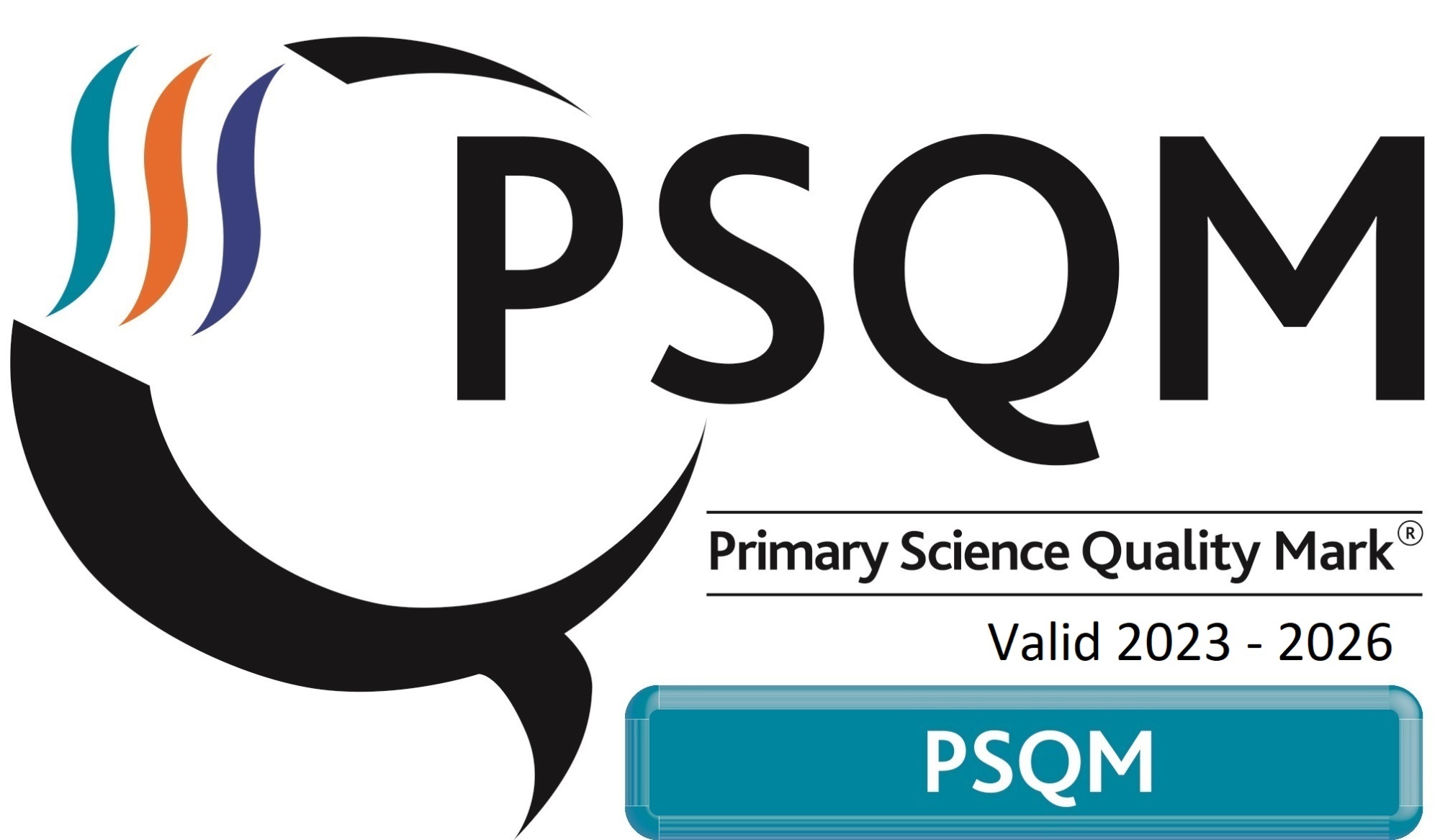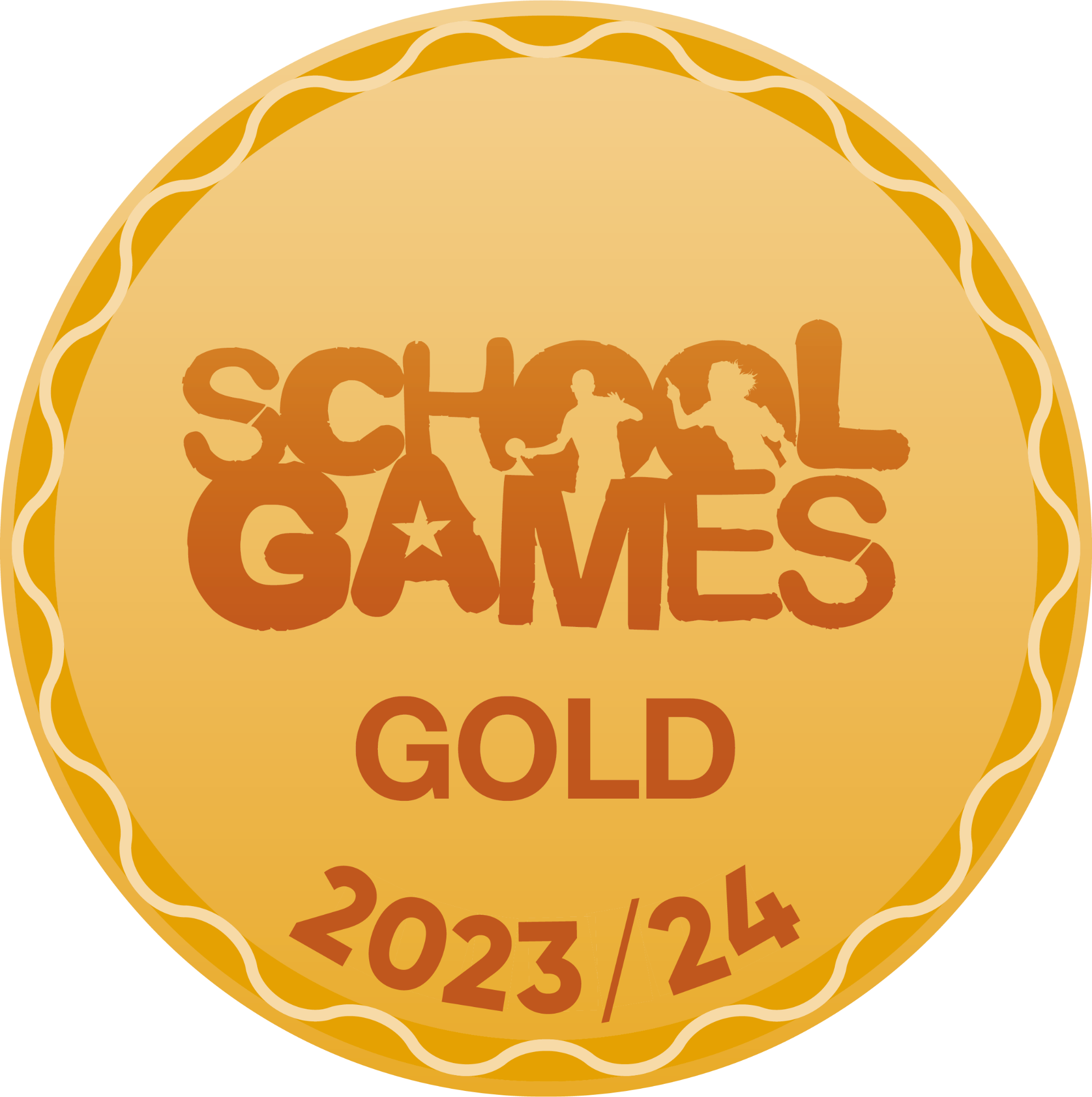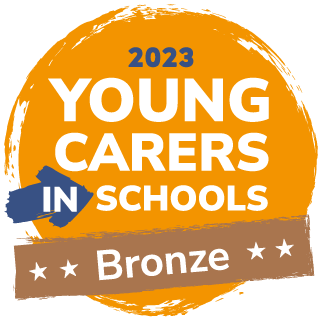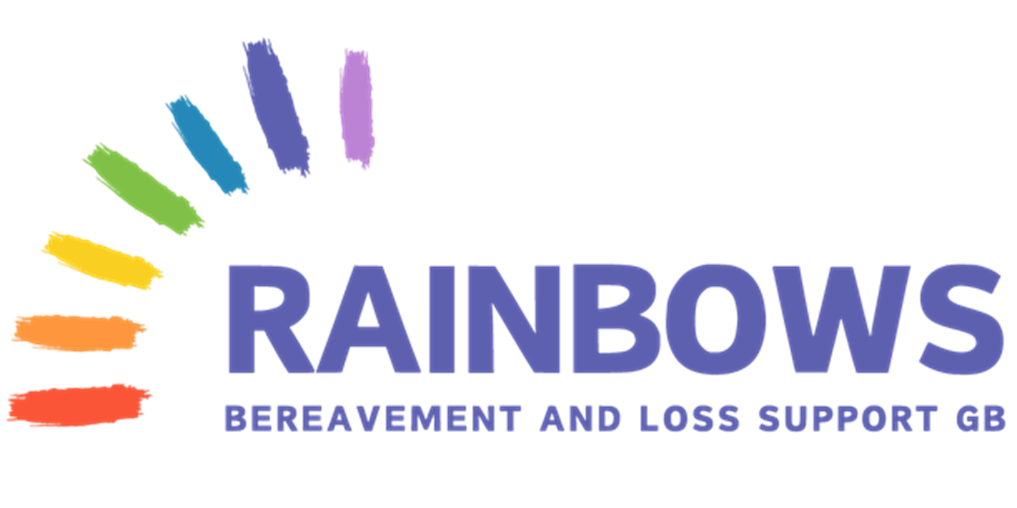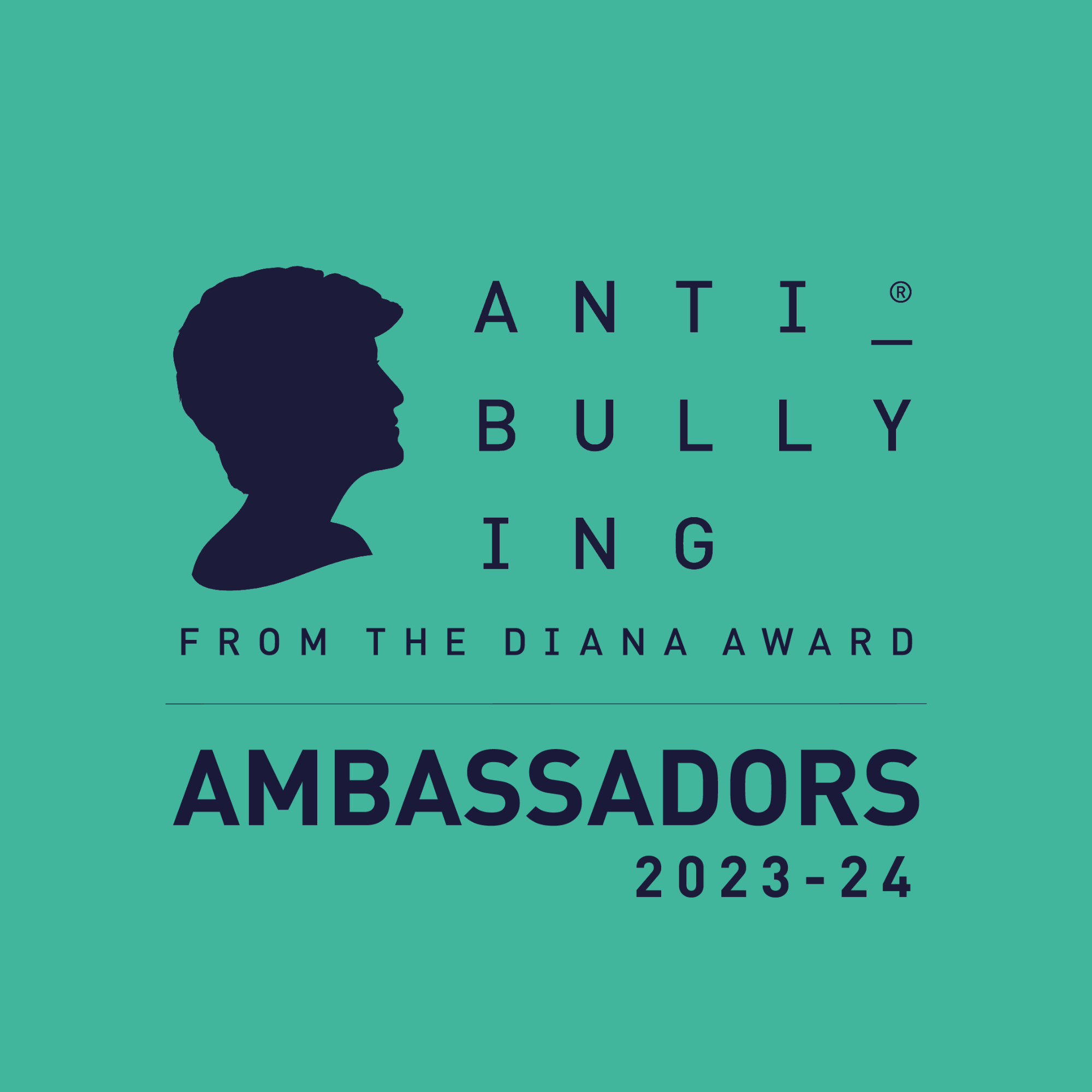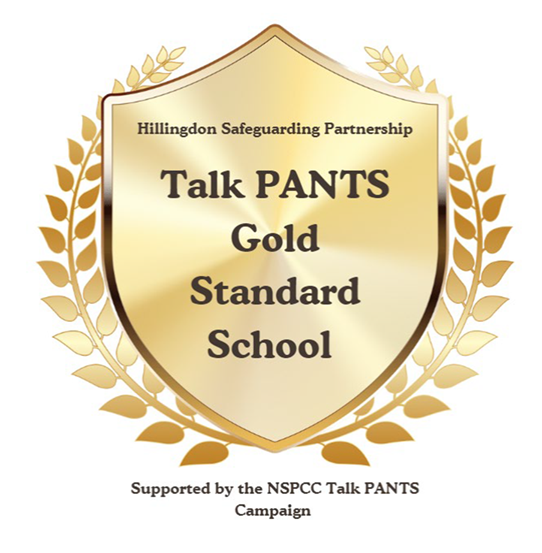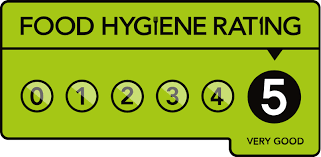Writing
'The Write Stuff’ - our new approach to the teaching and learning of writing
At William Byrd Primary Academy, our curriculum ensures that all children have plenty of opportunities to write for different purposes. We encourage writing through all curriculum areas and use quality reading texts to model examples of good writing. Writing is taught through a number of different strategies. We use a method called “Sentence Stacking” which refers to the fact that sentences are stacked together and organised to engage children with short, intensive moments of learning that they can then immediately apply to their own writing. This is based upon the research of Jane Considine through the medium of ‘The Write Stuff’.
An individual lesson is based on a sentence model, broken in to three chunks:
- Initiate section – a stimulus to capture the children’s imagination and set up a sentence
- Model section – the teacher close models a sentence that outlines clear writing features and techniques
- Enable section – the children write their sentence following the model and have the opportunity to 'deepen the moment' where they can explore the plot point further and demonstrate their own creative sentences using their previous learning
All of our classroom environments ensure we are celebrating the writing of all children. Below are some photos of our 'Sentence Stacking' and writing displays around the school.
The Three Zones of Writing
The FANTASTICs (Ideas), The GRAMMARISTICs (Tools), and The BOOMTASTICs (Techniques) support children's learning, precision and writing.
The FANTASTICs system, which is also used in the teaching of reading, allows children to identify the nine elements that all text types are comprised of. When pupils are familiar with these nine elements, they are able to ensure that they are incorporated into their writing. The FANTASTICs help children to sharpen their understanding of their own and others’ writing by encouraging them to be observant and reflective.
The 9 GRAMMARISTICs cover national curriculum requirements, capturing the broad spectrum of key grammar knowledge. Discrete grammar lessons are also taught to ensure specific grammar knowledge is taught and revisited.
The BOOMTASTICs capture the ten powerful ways to add drama and poetic devices to writing. They help children structure their work, teaching them to showcase their writing voice, demonstrate originality and to take risks in a bid to capture the truth of a situation.

Spelling Bee
As part of our work to promote high standards of spelling throughout the school, we will be introducing the William Byrd Spelling Bee, which will take place over the last week of each half-term. This will be introduced to children in assembly next Friday. We feel that this is a motivating and fun way to celebrate the achievement of our children.
What is it?
The Spelling Bee competition is becoming more popular in the UK and as we celebrate our children’s sporting achievements, we are looking for other ways to acknowledge our children’s successes. Our Spelling Bee will take place from Year 1 to Year 6.
How does it work?
Each year group will be given the list of common exception words recommended for children to read and spell for their age. Common exception words are words in which the English spelling code work in an unusual or uncommon way. They are not words for which phonics 'doesn't work', but they may be exceptions to spelling rules, or words which use a particular combination of letters to represent sound patterns in a rare or unique way.
Children in Year 1 and Year 2 will have a new list each year and children in Year 3 to Year 6 will have one list over two years.
Each class teacher to choose 10 words from the list at random for children to write. Anyone who gets all ten words correctly spelt will move to round two. This is the oral stage where children will be asked to spell aloud 10 random words from their spelling list. Anyone who gets 10/10 will move to the semi-finals.
The Semi-finals is a knockout round. This is continued until there is one person identified to represent their class.
Finals Once a class winner has been found they will challenge their partner class held in the style of knockout resulting in a year group winner. We encourage parents and carers to support the children with practising their words in preparation for the Spelling Bee, which will take place during the last week of each half-term.
If you have any questions please speak to your child’s class teacher.

